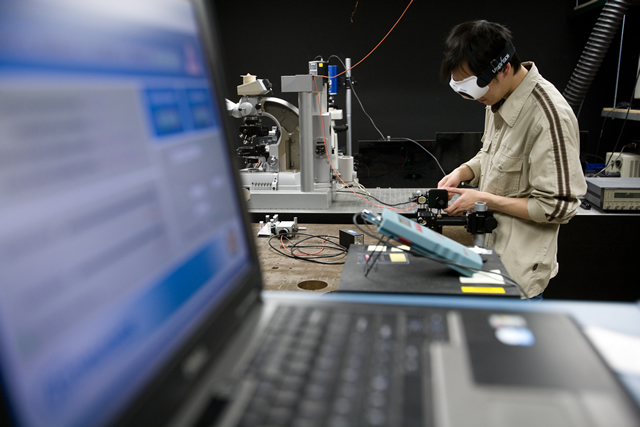
Computer Science ETDs
Publication Date
Fall 10-18-2023
Abstract
Human-automation collaboration is becoming a part of everyday life as AI helps us drive, make decisions, and solve a variety of other tasks. However, safe and effective collaboration systems depend on factors in trust, communication, and more. Existing studies to explore these are typically carried out in laboratory settings, providing robust data under tight environmental control. However, human behavior evolves over time, driven by external factors that cannot be fully captured in single participation sessions. These factors form the "human context", contextualizing the behavioral data for a more complete understanding. In this thesis, video game adaptations upon conventional subject studies investigated how humans and AI collaborate in two tasks: obstacle avoidance and informing motion planning algorithms for molecular docking prediction. While these adaptations support consumer devices such as game controllers and tablets, they don’t necessarily allow participation outside controlled environments where human contextual data can be collected. Therefore, these systems were adapted for mobile devices (e.g. smartphones) and validated in studies with multiple sessions. Then, we extended the dynamic obstacle avoidance study by increasing the period to 180 days and adding human context data through wearables. Analysis on the impact of AI agent parameters on individual performances revealed strategies that suggest preferences between quick task completion or safety. One player exhibited a sudden behavioral shift, taking control from the most evasive AI to prioritize reaching goals faster. This correlated with a shift in their contextual data, suggesting human-automation collaboration is a dynamic process influenced by both technological and human processes.
Language
English
Keywords
human-automation collaboration, motion planning
Document Type
Dissertation
Degree Name
Computer Science
Level of Degree
Doctoral
Department Name
Department of Computer Science
First Committee Member (Chair)
Dr. Lydia Tapia
Second Committee Member
Dr. Bruna Jacobson
Third Committee Member
Dr. Evan Carter
Fourth Committee Member
Dr. Chris Holden
Fifth Committee Member
Dr. Shuang (Sean) Luan
Recommended Citation
Adamson, Torin J.. "Improving Human-Automation Collaboration in Motion Planning." (2023). https://digitalrepository.unm.edu/cs_etds/117
Included in
Artificial Intelligence and Robotics Commons, Graphics and Human Computer Interfaces Commons
